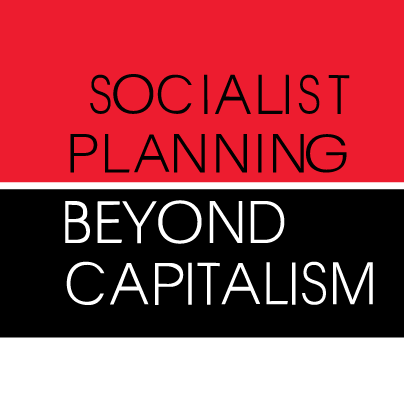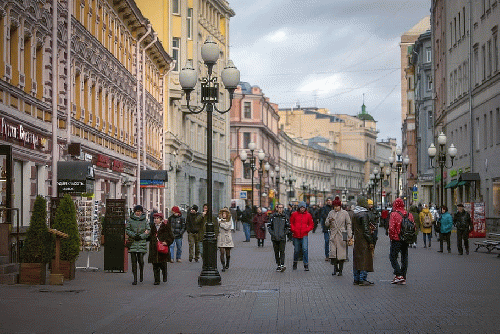What follows is a series of emails from a comrade, HCE. He is a Russian citizen and has lived and worked in Moscow for many years. He is a Marxist-Leninist. The questions we asked him are in bold.
Dear Bruce:
Thank you for your email and interest. The subjects that you have mentioned in your questions have been in my thoughts for some time. I will try to answer them in a straightforward manner and keep things as transparent as possible. Once again, I would like to state that these are just my opinions and impressions with no pretenses whatsoever. Some of the questions remind me of my youth when I was just 15 years old and full of romantic ideas about the world revolution, of fighting on the barricades with a red flag in my hands. Then I started organizing in a working-class district and I was presented with nearly some of the same questions that you have posed. I began to understand that the revolution was about understanding many things, including nationalism and sports.
How has each of the four classes (upper, upper-middle, middle, and working class) been affected by the departure of Yankee businesses (McDonalds, Pepsi, auto, and gas companies)?
According to my knowledge, a number of the fast-food companies, although following the official US line, have left some room for maneuvering. For example, McDonalds left a two months' salary for their employees, leaving some bridges intact. The loss of jobs in places like these would affect the working class. The shelves in supermarkets are still loaded with Coca Cola and Pepsi. But even before events in Ukraine, US fast-food has a strong competitor in the local grill in Mid East fashion. The main criteria are quality versus price and how quick you can get it and head for the job or auditorium.
There would be serious implications in the closing of plants that are involved in big projects like the auto industry, which would lead to loss of jobs for the whole spectrum, from the working class till the upper-middle class. But as far as I know the US does not have such projects in Russia. American cars are not popular in Moscow. You may see a pickup now and then. Otherwise it is Korean, Japanese, French, and German cars that dominate beside Russian cars. For the French car company Renault, their sales in Russia are second only to their French market.
All that being said, what is critical is THE OIL AND GAS companies. This is where things get murky. Let us use as an example a US oil company that owns shares in a big oil project. They may declare that they will follow sanctions, then come back the next day and declare that this concerns the operational side only. I am sure that many Americans will be surprised if they start digging to find out who are the shareholders of a significant number of Russian oil and gas companies. In my opinion the oil industry is so intricate, there are so many loopholes in contracts and legal issues that I think the sanction process will proceed slowly. This is where all the classes and the state will be affected. Please note that according to the laws of the Russian Federation, foreign companies can sell their shares only after obtaining the approval of the Central Bank and the Ministry of Finance of the Russian Federation.
How have the sanctions from the US affected the everyday life of each class?
At the present, it is hard for the average Muscovite to notice any change in the daily routine of his life. The cost for food, his apartment and bills for electricity, water, internet are the same. Prices are maybe slightly higher. This is also true for clothes. The upper classes may yearn for foreign foodstuffs, and their holidays in Europe and buying their clothes from Milan and Paris, but the average Muscovite is satisfied with spending his holidays in Russia, Crimea, Turkey, and Egypt.
However, being an old hand at sanctions I know how demoralizing they can be in the long run, when the struggle for survival leaves no room for anything else. My heart goes out to all the Russian people, especially the elderly. They have suffered and been through so much. Now at last, when they should have some peace, they have to worry about every ruble of their modest pension.
Russia of course is not Iraq or Syria; it is a self-sufficient country, and in spite of sanctions, embargoes, and Russo-phobia it will not budge. There is a certain inherent flaw in the Western attitude towards Russia and Russians that I always warn westerners about; never, ever underestimate the Russians. You do this at your own peril.
My latest impression about these sanctions is that the Western governments (US, EU, Canada, Australia) are running around burning every bridge and closing the smallest door (private companies are sometimes reluctant to follow their lead) thereby creating a superficial situation that ignores the reality. It is the reality that you cannot isolate a country that possesses the largest landmass and vital raw materials and is capable of full self-sufficiency.
To sum up briefly: on a personal level the first to be hit in later stages will be the working and middle class, pensioners, and students on their own. The upper and upper-middle class may lose some of their luxuries, but I do not see them having any difficulties at all.
To what extent is there a housing crisis in Russia in terms of the cost of rent and/or the cost of buying a home?
(Note: You can view every article as one long page if you sign up as an Advocate Member, or higher).






